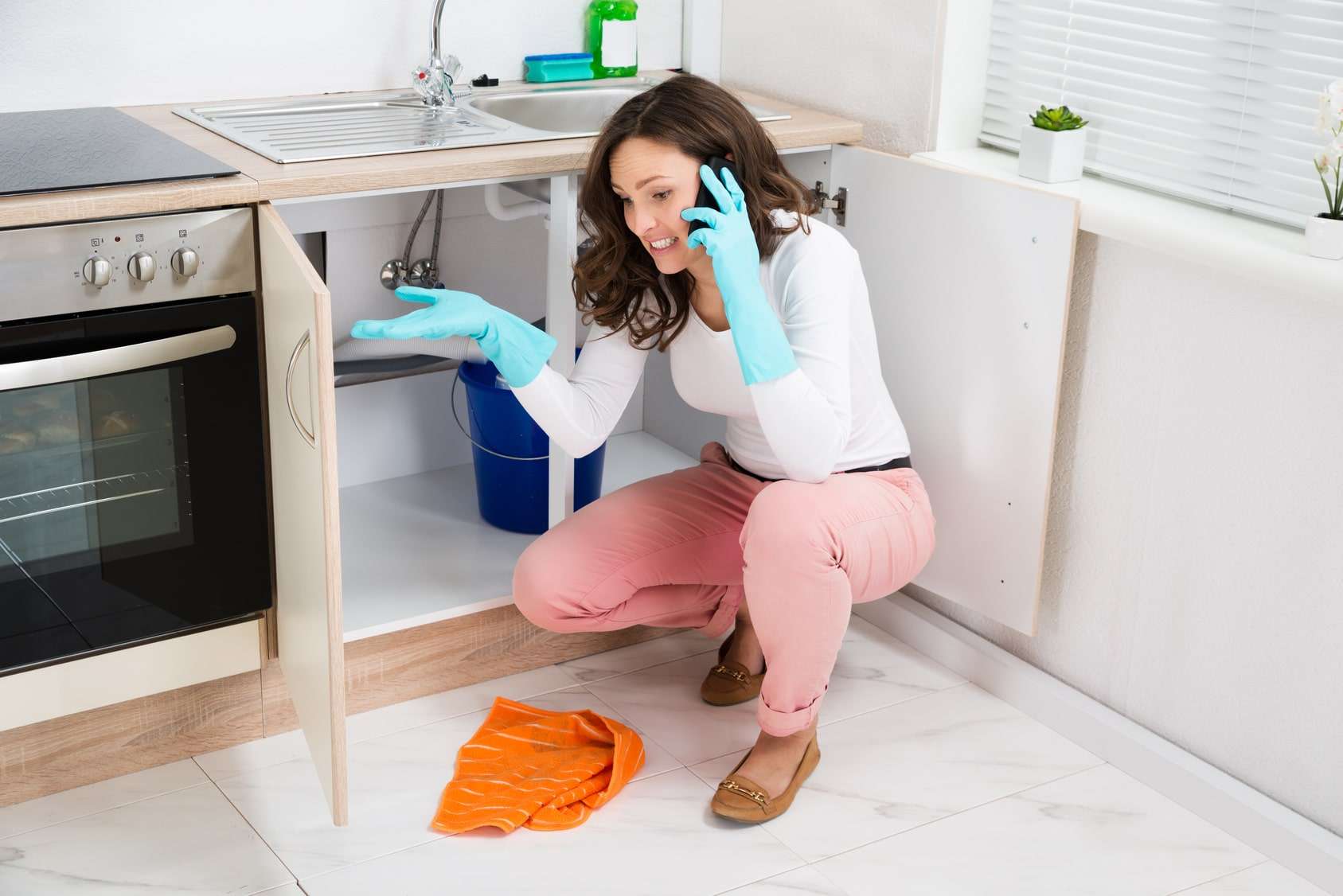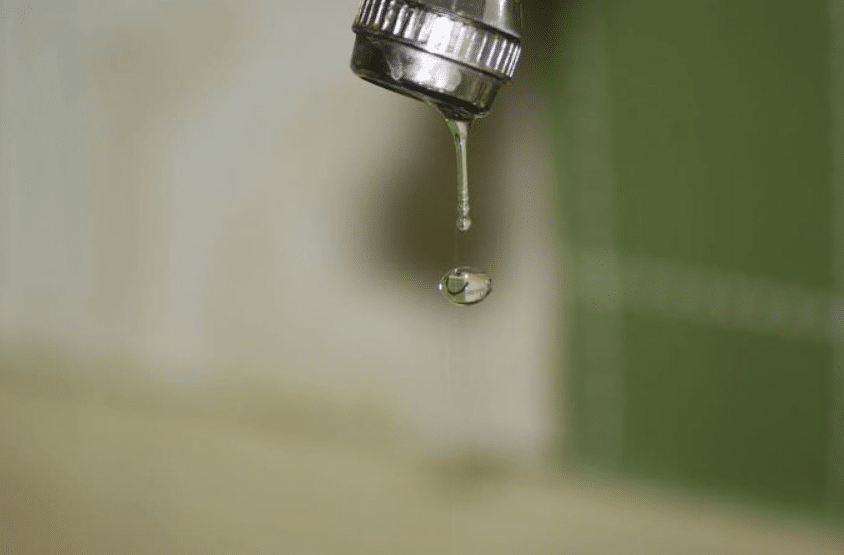Learn About the Most Frequent Causes Causing Water Drips in Your House
Learn About the Most Frequent Causes Causing Water Drips in Your House
Blog Article
How do you really feel on the subject of Top Causes of Home Water Leaks?

Leakages not only trigger waste of water yet can also create unneeded damages to your house and promote undesirable natural development. However, water leakages could go unnoticed since the majority of the pipework in our residence is concealed. By comprehending and also looking for day-to-day scenarios that trigger leaks, you can protect your home from future leakages as well as unnecessary damages. Today, we will certainly take a look at 6 leakage triggers that might be creating your pipelines to drip.
Intruding origins
Many water leakages begin outside your house as opposed to inside it. If you see an unexpected decline in water pressure, claim in your tap, take some time to head out and analyze your yard. You might see wet patches or sinkholes in your backyard, and that may suggest that tree roots are getting into water lines creating water to seep out. You can have your plumber check for invasion, specifically if you have trees or hedges near your residential property.
Corroded water systems
This may be the reason of staining or bending on your water pipes. If our plumbing system is old, consider changing the pipes because they are at a higher risk of corrosion than the more recent designs.
Malfunctioning Pipeline Joints
Pipe joints can wear away over time, resulting in water leakages. If you have loud pipes that make ticking or banging noises, particularly when the hot water is transformed on, your pipe joints are most likely under a great deal of pressure.
Immediate temperature level modifications.
Extreme temperature level adjustments in our pipes can cause them to expand and contract unexpectedly. This development and contraction might create cracks in the pipelines, particularly if the temperature are below freezing. If you kept an eye on exactly how your plumbing functions, it would certainly be best. The presence of the previously discussed scenarios frequently suggests a high risk.
Poor Water Connectors
At times, a leak can be brought on by loosened hose pipes as well as pipelines that supply your appliances. Typically, changing is what creates the loosened water Links. You could find when it comes to a cleaning device, a tube might spring a leakage due to trembling during the spin cycle. In case of a water links leakage, you may observe water running directly from the supply line or puddles around your home appliances.
Blocked Drains
Clogged drains may be aggravating and inconveniencing, yet they can sometimes wind up causing an overflow leading to break pipes. Maintain getting rid of any materials that might drop your drains pipes that might clog them to stay clear of such hassles.
All the above are reasons for leakages however not all water leakages result from plumbing leakages; some leaks might originate from roofing leakages. All leakages ought to be repaired quickly to stay clear of water damages.
Leaks not only trigger waste of water yet can likewise cause unneeded damages to your home as well as advertise undesirable organic development. By looking as well as recognizing for daily scenarios that create leaks, you can shield your house from future leaks and unnecessary damage. Today, we will certainly look at 6 leakage triggers that may be triggering your pipes to leak.
At times, a leak can be created by loose tubes and also pipelines that provide your appliances. In instance of a water connections leak, you might discover water running straight from the supply line or pools around your devices.
How To Check For Water Leak In Your Home
How To Check for Leaks
The average household's leaks can account for nearly 10,000 gallons of water wasted every year and ten percent of homes have leaks that waste 90 gallons or more per day. Common types of leaks found in the home are worn toilet flappers, dripping faucets, and other leaking valves. These types of leaks are often easy to fix, requiring only a few tools and hardware that can pay for themselves in water savings. Fixing easily corrected household water leaks can save homeowners about 10 percent on their water bills.
To check for leaks in your home, you first need to determine whether you're wasting water and then identify the source of the leak. Here are some tips for finding leaks:
Take a look at your water usage during a colder month, such as January or February. If a family of four exceeds 12,000 gallons per month, there are serious leaks.
Check your water meter before and after a two-hour period when no water is being used. If the meter changes at all, you probably have a leak.
Identify toilet leaks by placing a drop of food coloring in the toilet tank. If any color shows up in the bowl after 10 minutes, you have a leak. (Be sure to flush immediately after the experiment to avoid staining the tank.)
Examine faucet gaskets and pipe fittings for any water on the outside of the pipe to check for surface leaks.
Undetected water leaks can happen without the home or business owner even realizing. If you suspect a water leak, but not able to find the source. It is time to contact a professional water leak detection service, The Leak Doctor.
How To Find a Water Leak In Your Home
https://www.leakdoctor.com/blog/How-To-Check-For-Water-Leak-In-Your-Home_AE197.html

As a fervent reader about How Fast Water Damage Can Ruin Your Home, I figured sharing that piece of content was sensible. Are you aware of somebody else who is interested by the topic? Be sure promote it. I truly appreciate reading our article about Top Causes of Home Water Leaks.
Call, we respond! Report this page